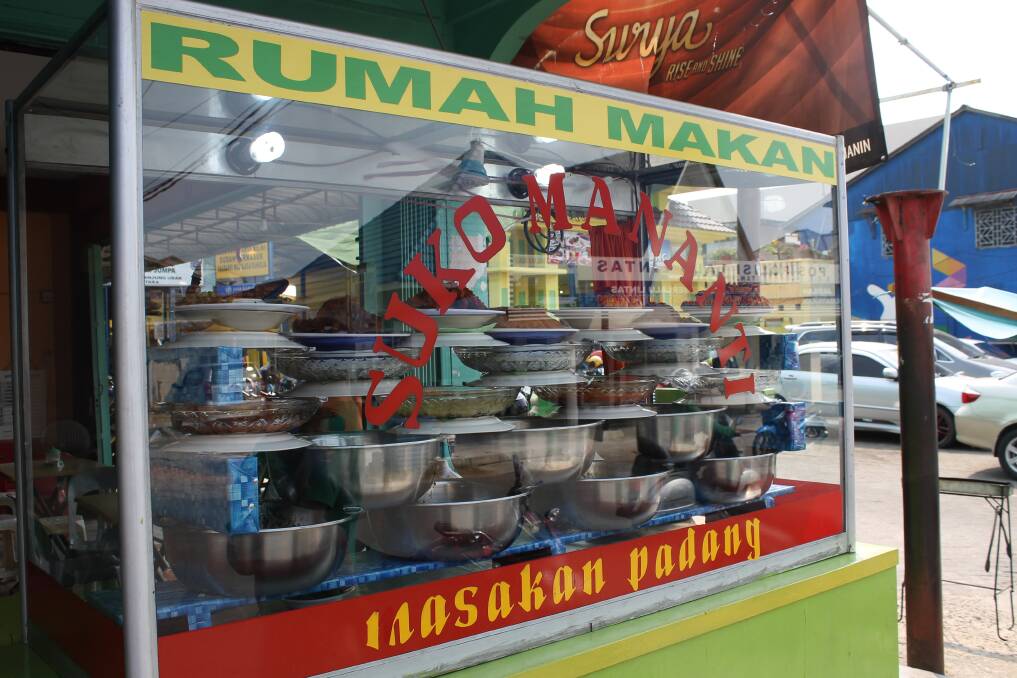
INDONESIA, the world's largest producer of palm oil, delivered a massive shock to global edible oil markets late last week when it announced an immediate ban on exports of palm oil.
Subscribe now for unlimited access to all our agricultural news
across the nation
or signup to continue reading
This has seen yet another run up in global oilseed prices.
It could be potentially massive news for Australian canola producers, already enjoying the highest pricing on record, with values regularly pushing through the $1000 a tonne mark over the past six months.
While Australian markets were closed for ANZAC Day meaning there has not been a local reaction to the news from our northern neighbour, global markets have been sent skyrocketing.
The French MATIF index for rapeseed (canola) shot up a staggering $A51 in the first session of trade following the news.
The world is currently scrambling for supplies of edible oils, with the war in Ukraine hurting availability of sunflower oil in particular.
Other nations are looking to shore up domestic supplies to prevent a run of food inflation, such as Argentina, which earlier in the year temporarily banned soybean exports.
This was Indonesian president Joko Widodo's rationale.
When announcing the ban he said he wanted to ensure supplies for domestic consumers.
While the various export ban measures could curb food inflation locally they will exacerbate the problem globally.
Already, discussions are taking place about the fuel versus food debate with some analysts suggesting a drop in the use of vegetable oils in biofuel manufacturing to help maintain food supplies.
Thomas Elder Markets agricultural analyst Andrew Whitelaw said the move to ban palm oil exports could have a huge impact for Australian canola producers, especially if it is continued into the second half of the year.
"Indonesian palm is responsible for a large proportion of the world's trade in vegetable oils, and therefore any impact on the trade flows will result in a tighter global oil balance sheet," Mr Whitelaw said.
Mr Whitelaw said there was a large amount of correlation between canola and palm oil prices.
With palm oil supplies becoming more difficult to access he said vegetable oil users would potentially look to canola oil to help fill any shortfalls.
"As the balance sheet for vegetable oils worldwide gets tighter, the buyers move to alternates."
"Therefore the removal of palm from Indonesia is supportive of canola pricing."
Start the day with all the big news in agriculture! Sign up below to receive our daily Farmonline newsletter.


